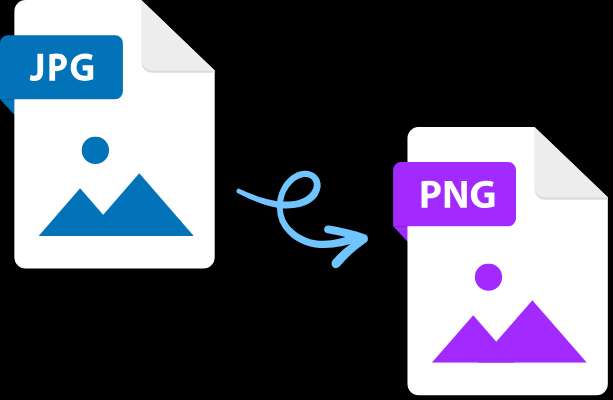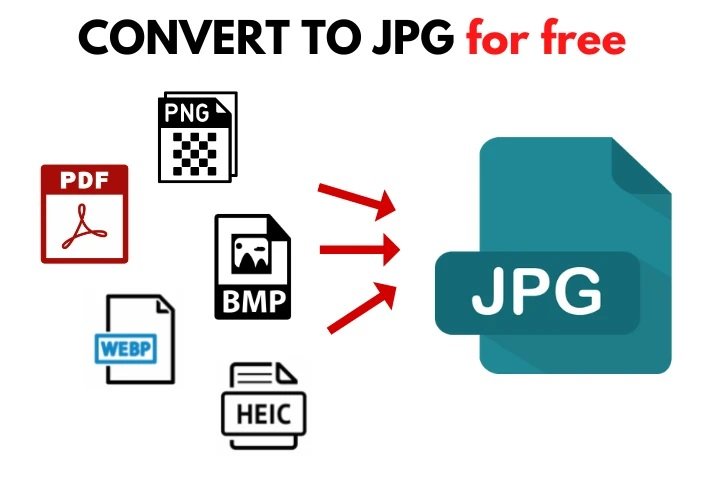URL Rewriting Tool
Unveiling the Power of URL Rewriting for Enhanced SEO
In the realm of Search Engine Optimization (SEO), every small tweak to your website's structure and content can make a significant difference in your visibility and ranking on search engine results pages (SERPs). One such powerful technique that often flies under the radar is URL rewriting. This comprehensive guide aims to demystify URL rewriting, shed light on its benefits, and equip you with the knowledge to leverage this tool effectively in your SEO strategy.
Understanding URL Rewriting
URL rewriting involves modifying the URL structure of a website to create more user-friendly and search engine-friendly URLs. Instead of having URLs filled with parameters, session IDs, or complex query strings, URL rewriting transforms them into clean, descriptive, and easily understandable URLs. For example, a dynamic URL like "example.com/product?id=123" can be rewritten as "example.com/product/123".
Benefits of URL Rewriting
1. Improved User Experience
Clean and concise URLs are easier for users to read, understand, and remember. This improves user experience and encourages users to click on your links, ultimately leading to higher engagement and conversion rates.
2. Enhanced SEO Performance
Search engines prefer URLs that are relevant, descriptive, and keyword-rich. By rewriting your URLs to include targeted keywords and eliminate unnecessary parameters, you can signal the relevance of your content to search engines, thereby improving your chances of ranking higher in search results.
3. Increased Crawlability
URL rewriting can help search engine crawlers better understand the structure and hierarchy of your website. By organizing your URLs in a logical manner and removing duplicate or irrelevant content, you can ensure that all pages on your site are properly indexed and crawled by search engines.
4. Facilitated Content Sharing
Readable URLs are more shareable on social media platforms and other websites. When users share your content, they often include the URL as part of the shared message. Having clean, descriptive URLs makes your content more appealing and increases the likelihood of it being shared across various platforms.
Common Use Cases for URL Rewriting
1. Canonicalization
URL rewriting can be used to establish canonical URLs for duplicate or similar content. By redirecting multiple URLs to a single canonical URL, you can consolidate link equity and avoid diluting your site's authority.
2. URL Shortening
URL rewriting is often employed in URL shortening services, where long and cumbersome URLs are rewritten into shorter, more manageable ones. This not only saves space but also makes the URLs more aesthetically pleasing and easier to share.
3. Dynamic Parameter Handling
Websites that rely on dynamic content generation often have URLs with numerous parameters. URL rewriting can simplify these URLs by removing unnecessary parameters or transforming them into more meaningful and user-friendly formats.
Implementing URL Rewriting
There are various methods for implementing URL rewriting, depending on the technology stack and server environment of your website. Common approaches include using server-side scripting languages like PHP or Python, configuring server directives in Apache or Nginx, or utilizing specialized URL rewriting modules and plugins.
Best Practices for URL Rewriting
1. Maintain Backward Compatibility
When implementing URL rewriting, ensure that existing URLs are properly redirected to their new equivalents to avoid broken links and maintain SEO equity.
2. Use 301 Redirects for Permanent Changes
For permanent URL changes, such as domain migrations or URL structure updates, use 301 redirects to inform search engines that the change is permanent and to pass on the existing SEO value to the new URLs.
3. Test and Monitor Regularly
After implementing URL rewriting, monitor your website's performance closely using web analytics tools and search engine consoles. Regularly test your URLs to ensure they resolve correctly and maintain their SEO integrity over time.
Conclusion
URL rewriting is a powerful yet often overlooked tool in the arsenal of SEO practitioners. By crafting clean, descriptive URLs that align with user intent and search engine guidelines, you can improve your website's visibility, usability, and ultimately, its success in the competitive online landscape. Embrace URL rewriting as a fundamental aspect of your SEO strategy and unlock its full potential to propel your website to new heights of search engine prominence and user satisfaction.




















